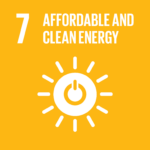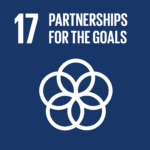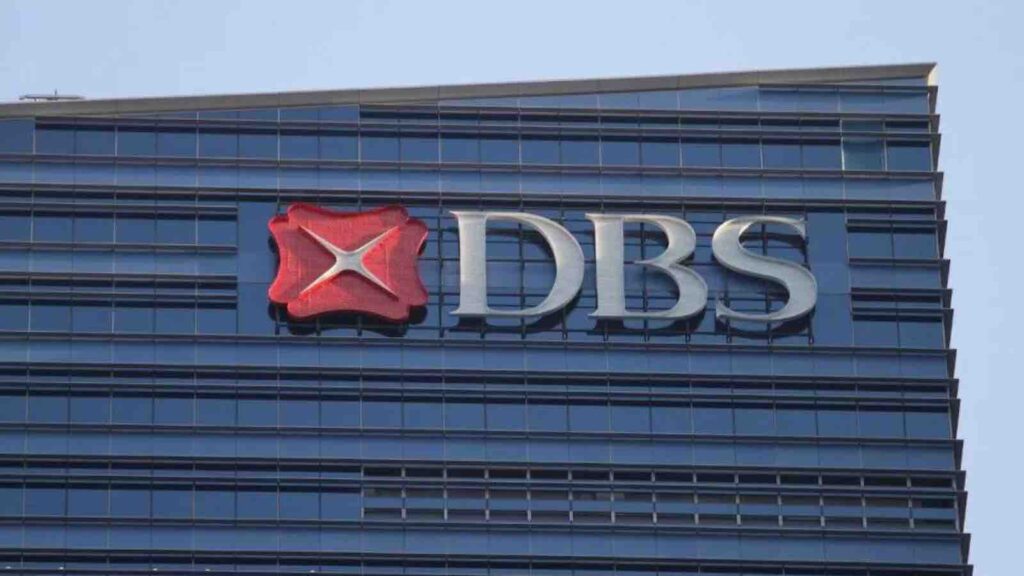DBS Bank aims to not only support the energy transition in Asia but also set an example of how banks can lead the charge in creating sustainable financing ecosystems.
As the world grapples with the urgent challenge of climate change, DBS Bank Singapore has committed to supporting Asia’s energy transition through a robust financing ecosystem. Recognizing the massive costs and multi-sectoral efforts required, DBS is spearheading collaborations that involve diverse industry players to drive the shift towards greener energy solutions.
RELEVANT SUSTAINABLE GOALS



Asia’s Role in the Global Energy Transition
Speaking at the “Financing Energy Transition” session during the Indonesia International Sustainability Forum (ISF) 2024 in Jakarta, Tan Su Shan, Deputy CEO of DBS Bank Singapore, emphasized the critical need for innovative financing solutions to tackle the climate crisis. She highlighted the alarming statistic that the world has emitted 2,620 gigatons of carbon since 1850, leaving only about 9% of the carbon budget remaining to keep global temperature rise within 1.5 degrees Celsius as per the Paris Agreement.
“The world is making good progress. Every time I meet with Indonesian conglomerates, they tell me they are planning to build more renewable energy projects,” said Su Shan. She pointed to Indonesia’s potential as a “super green power” with its vast mangroves, solar energy, and nickel resources for electric vehicle battery production. However, she stressed that Indonesia also needs advanced green technologies, with China currently leading as a top producer in this sector.
Unique Challenges and Opportunities for Asia
Su Shan noted that China, India, and Indonesia are emerging as three key players in Asia’s renewable energy sector. However, she argued that Asia must develop its own narrative and set of goals for decarbonization, distinct from Western targets. This unique approach is crucial for the region to successfully navigate its energy transition.
Indonesia, specifically, faces its own set of challenges in advancing energy transition efforts. One notable challenge is the impending political shift, with President Joko Widodo set to hand over leadership to President-elect Prabowo Subianto within the next 45 days. Su Shan highlighted the importance of long-term policy continuity to ensure sustained progress, regardless of political changes.
Further complicating the transition are geopolitical factors, such as the development of the ASEAN Grid, which aims to connect power networks across several countries. The technological requirements for such projects, including the installation of undersea cables for energy export, are significant, and few companies have the capabilities to undertake them.
Building a Collaborative Financing Ecosystem
To address these challenges, Su Shan underscored the need for a supportive ecosystem and innovative solutions, particularly in financing. “The world needs to find innovative solutions for who will pay for this energy transition,” she said. DBS is actively collaborating with regional and global partners to create financial instruments that can fund the energy transition, including initiatives for the early retirement of coal-fired power plants.
DBS is also partnering with technology companies to assist its clients in transitioning to green energy. For instance, DBS is working with firms that develop artificial intelligence (AI) to generate environment, social, and governance (ESG) reports. With advanced technology, DBS can also access climate analytic tools to assess whether companies can achieve net-zero emissions by 2050.
“We are collaborating with Schneider and Keppel to develop renewable energy,” Su Shan added, highlighting partnerships that extend beyond traditional banking.
In addition, DBS is providing tailored solutions for clients like H&M, which seeks greener operations from its suppliers, particularly in India. DBS finances these suppliers to install solar panels, enabling them to operate more sustainably. H&M, in turn, offers contracts to these companies as a guarantee for the loans provided by DBS. “This way, everyone wins if we can work together,” said Su Shan.
You may also be interested in :
A Climate-Smart Future For Agriculture : The Role of Financial Institutions



